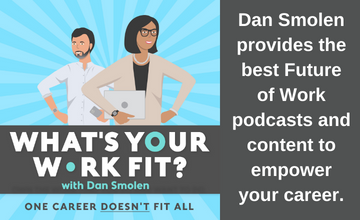Podcast: Play in new window | Download (Duration: 32:08 — 44.2MB)
Launch Pad is a coworking community of first believers founded by Anne Driscoll and Chris Schultz.
Anne and Chris know firsthand the struggles of starting a business. As serial start-up entrepreneurs, they often heard “no” or “that will never work.” Thus, in establishing Launch Pad’s first believer premise, Anne and Chris set up their coworking brand and members for success.
First believers help each other overcome the stresses and strains of scaling start-up businesses.
Often, they provide one another critical sales, marketing, technological, and operational support. What is more, they help once struggling local communities become great places to live and work.
With locations in five U.S. cities and growing, Launch Pad provides workspace, essential resources, and a supportive community structure that empowers entrepreneurs.
In this episode, Anne and Chris:
- Introduce Launch Pad and its mission. Starts at 3:06
- Describe the brand’s unique value proposition. Starts at 3:44
- Define the term “first believers” and demonstrate why it is important. Starts at 5:13
- Illustrate Launch Pad’s member experience. Starts at 8:22
- Support the notion of a smaller scale path to success. Starts at 11:28
- Explore the benefits of the guild economy, maker movement, and localism. Starts at 18:48
- Provide their take on the future of work trends that are pointing people to gigs and side hustles. Starts at 24:30
According to Chris, Launch Pad ascribes to noble purpose:
“[Our goal] is to help entrepreneurs succeed, because we want to focus on the economic impacts of the communities that we service.”
In support of a coworking community of first believers, Anne adds:
“We spend a lot of time with city governments across the country, talking about the importance of entrepreneurship, the importance of creating a hub.”
About our guests:
Anne Driscoll and Chris Schultz are co-founders of Launch Pad. In prior roles, Anne was an executive at Google and several tech start-ups. She earned a Bachelor of Commerce Degree from Queens University. Chris founded numerous start-ups and provided angel investment capital to others. He earned a Bachelor of Science in Mechanical Engineering from the University of Virginia and an MBA from USC’s Marshall School of Business. Anne and Chris are married; they and their young daughter live in the Bay Area of California.
EPISODE DATE: March 12, 2021
Social media:
